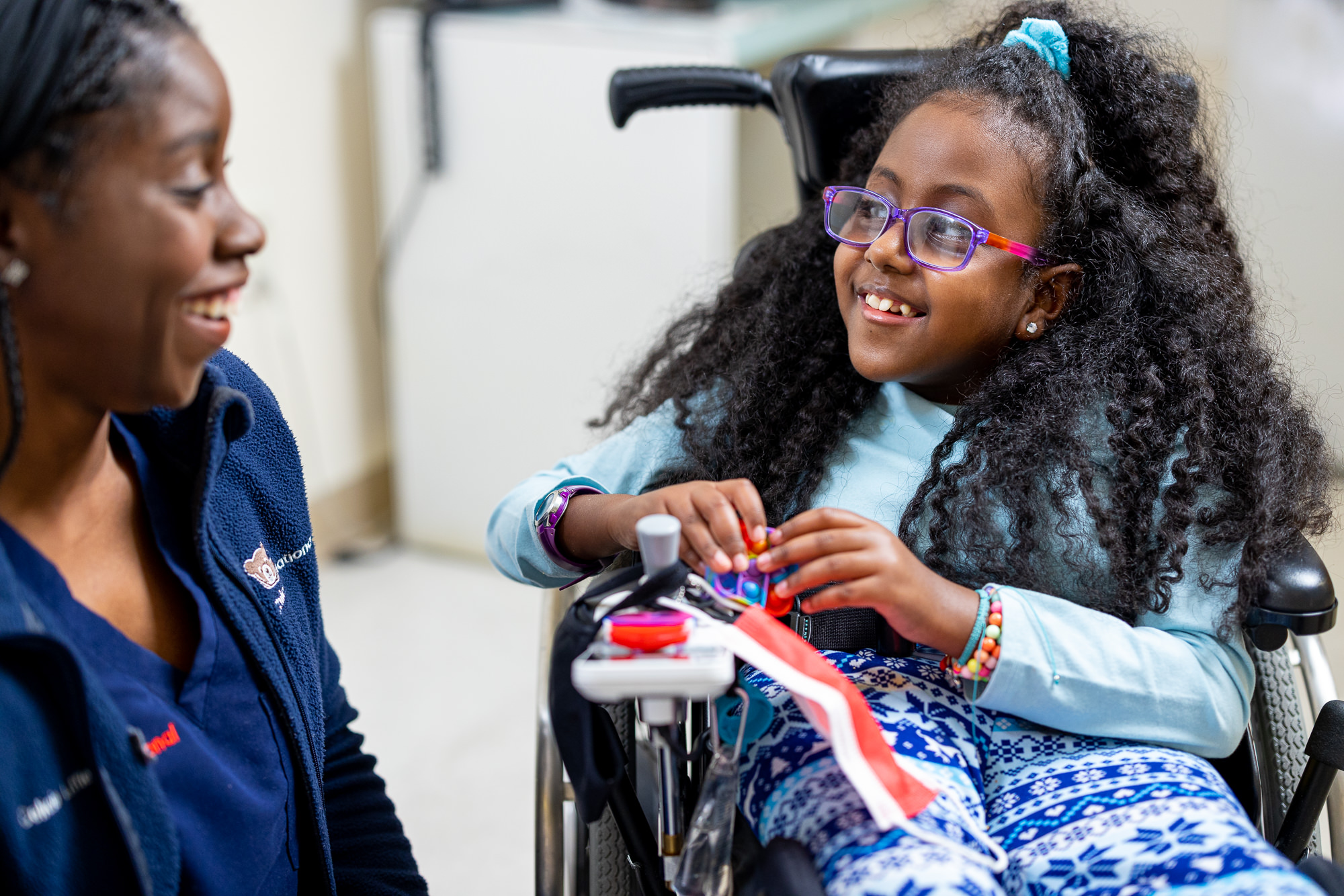

Children with neurogenic bladder are often exposed to antibiotics across their life span, putting them at risk for developing multi-drug resistance. At Children’s National, 80% of children seen in the emergency department were overtreated for urinary tract infections (UTIs) due to chronic abacterial cystitis and asymptomatic bacteremia. Only 14% of children came in with all symptoms met. Choosing when to treat patients with neurogenic bladder can be challenging.
Initial Management
UTI treatment should occur when a patient with neurogenic bladder presents with two or more of the following urologic symptoms:
- Fever ≥100° F
- Abdominal pain
- Back/flank pain
- Malodorous/cloudy urine
- New/worsened urinary incontinence and pain with urination/catheterization
- Plus pyuria (>10 WBC/HPF) — high levels of puss or white blood cells in urine — on urinalysis
- A positive urine culture of >100k CFU growth (often indicating infection)
If a patient with neurogenic bladder meets the above criteria for UTI treatment, you may obtain a urinalysis and urine culture. Most of our patients perform self-catheterization. If your office is unable to obtain a specimen, patients or parents can obtain a sample for you.
In the absence of fevers, sepsis or other concerning patient risk factors (renal insufficiency, shunt malfunction, vesicoureteral reflux, obstruction, an infected bladder stone or bladder augmentation), attempts should be made to monitor patients with unclear symptoms. Hold off on treatment with antibiotics. Aggressive management of constipation, hydration and bladder irrigation are useful first steps that can be undertaken while culture results and patient symptoms are monitored at home.
Patient Referrals
If your patient has any concerning risk factors, encourage your patient to report to the emergency room, consult urology or proceed with what is clinically appropriate.
If you decide to empirically treat patients with UTI, follow up with culture results and stop antibiotics if culture is negative. This patient population will not benefit from a test of cure, so there is no need to repeat a urinalysis or urine culture after antibiotic treatment.
If you have questions, concerns, would like to report urinalysis/urine culture results or need to assist your patients in scheduling follow up visits with our team, you may email our team.



